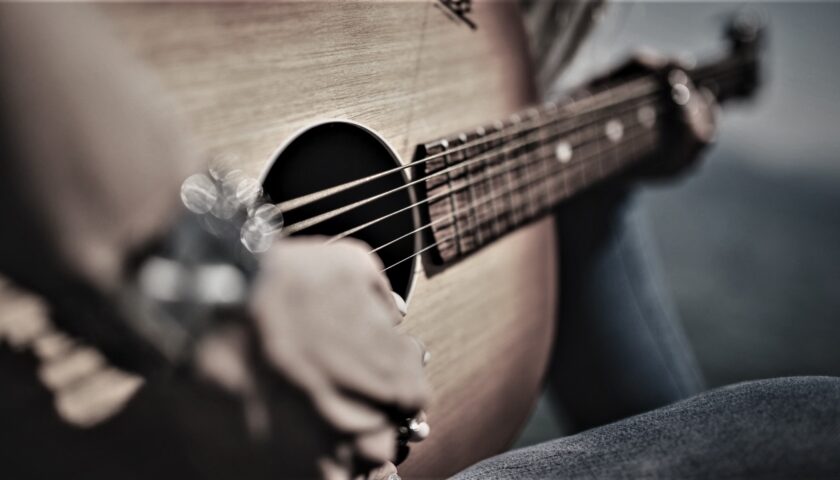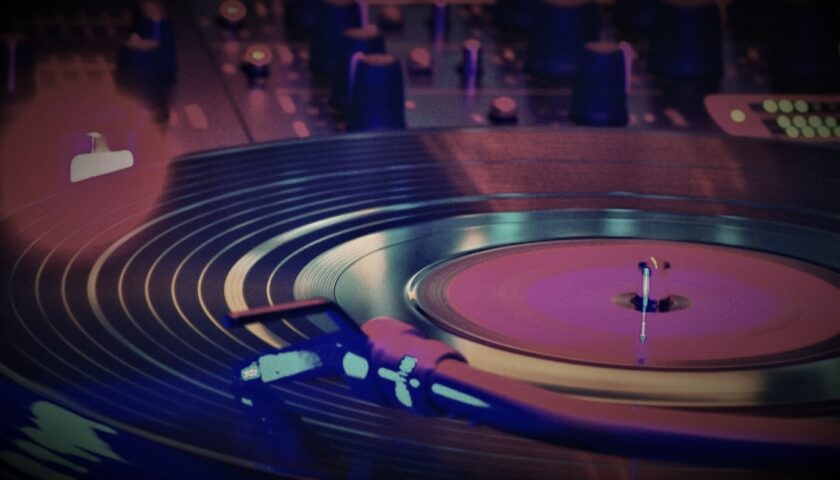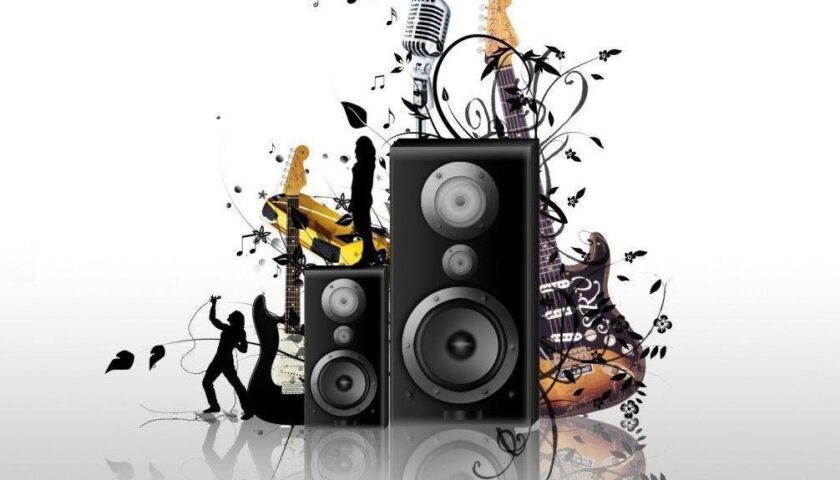Hip Hop
Hip hop is more of a culture than a music genre. It is a combination of vocal and vocal sounds that exploded in the 1970s and 80s. The most famous part of hip hop is rapping songs against the background of heavy music. Other elements include street art, the expression of personal pain, and the heavy use of techno music.
Where did the name “Hip Hop” come from?
It is said that in the 1950s, adults threw teenage parties full of speed bumps and dancing. The older generation seems to call the young jumpers “hipty hops”. It can be an inspiration for what happens next. The most famous story of the origin of the specific name “hip hop” refers to the friendly game that led to the idea of a style label.
Kevin Smith is a DJ and rapper from the Bronx who goes by the name Lovebug Starski. He playfully walks up to his friend who is named and repeats hip-hop-hip-hop. It was his way of adapting the fighting system, but things didn’t stop at gathering together. Lovebug Starski seems to like the way the words roll off his tongue, and is seen using them at various parties afterwards. Besides the memorable lyrics and sayings like “get money, get money”, he often makes the crowd say things like “I said hip-hop, hip-hop it, hippy -dippy, hip-hip-hop and you don’t stop.
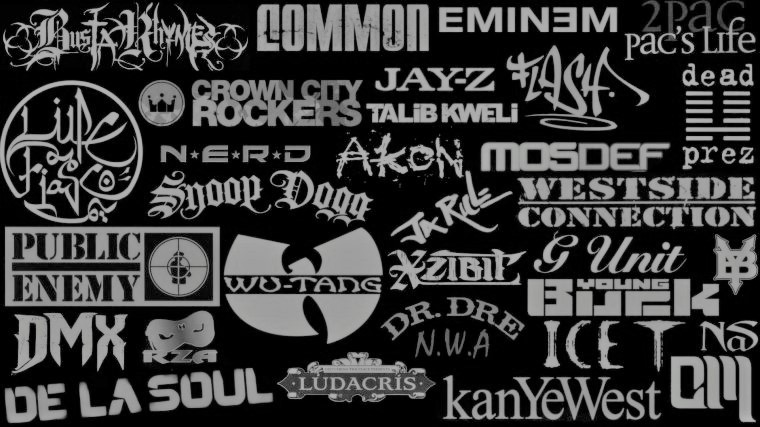
There is something else. Afrika Bambaataa, who is considered the father of hip hop, was also among the first to use the word publicly to refer to this type of music. Before the name hip hop became a thing, this style of party DJing was often described as disco rap. The term hip hop came into its own when it was first published in 1979. It was in an interview with Bambaataa in The New Pittsburgh Courier, where the description was dropped without fear. The issue was reinforced in a later interview with The Village Voice in 1984. But this time, Bambaataa gave a more detailed description of the emerging style in an article called “History of Hip Hop”.
History of Hip hop
On November 5, 2021, the United States Congress declared November “Hip-Hop History Month”. In honor of that, let’s talk about this truly American art form that has its roots in New York!
The original Hip-Hop came from DJ Kool Herc in the 1970s. In August 1973, DJ Kool Herc blew people away by creating a system that would extend the best part of music, the break. This part of the song is where the instruments come together with minimal sound additions. This is the section where people can really let loose and show off their dance moves.
DJ Herc knows this and started marking this section on his record, returning this time to spread the holiday. This will later be known as loopback. From there, the inspiration stuck with DJ Herc. One night when he was DJing in the Bronx he decided to try something new, he played a break of music and after he left, he would start another break of music. He will call this process “Merry-go-round”.
But Hip-Hop isn’t Hip-Hop anymore. It was in 1979 that the three rap group Sugarhill Gang coined the term “Hip-Hop” in their song “Rapper’s Delight”. This was a combination of jazz and a popular form of poetry at the time among African-Americans called spoken word. Here the poet recites his poem aloud to an audience using intonation, intonation, intonation and intonation, and a combination of poetic elements such as news and music. An example of this can be found in “The Revolution Will Not Be Televised” by Gil Scott-Heron
During the festivals of the 1970s and 1980s, the master of ceremonies, or MC, promoted his own songs during breaks played by DJs. This would be the beginning of rap. Since then, artists such as Funkmaster Flash, KRS-One, Run DMC, Jay-Z, Kendrick Lamar and many others, make it the most popular music genre in the United States in 2020 as According to Billboard. and MRC. Data. Happy Hip-Hop Story Month!
Facts About Hip hop
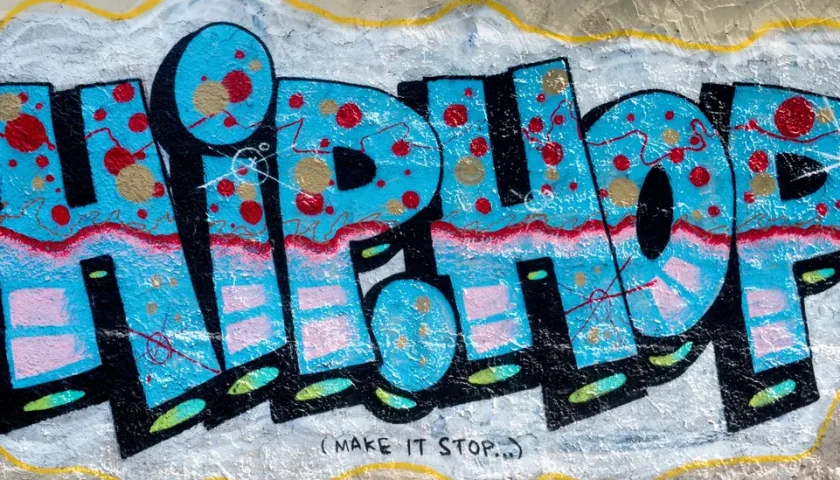
- Hip Hop was born in 1973 in the Bronx where the birthday party was held. Big changes in music started with small movements. In the late 1970s, DJ Kool Herc started spinning discs for parties. His true innovation comes from his appreciation of the audience’s reaction to his music in various venues. The term “breakbeat” also comes from Kool Herc’s breakbeat DJing. He referred to the “boys” and “girls” who were acting as b-boys and b-girls. When they dance, they are represented as “breaking”.
- In 1979, hip hop had its first song. The Sugar Hill team can present “Good Times”. With “Rapper’s Delight”, Sugar Hill Band added humor to rap music and classical music.
- N.W.A. or “Niggas With Attitude” is one of the most controversial songs to take the microphone. Dr. Dre, Ice Cube, Easy-E, Arabian Prince, DJ Yella came to work in harmony with the public’s disinterest in Southern California. The attitude and attitude that enhanced the rhythms that characterized the gang rap genre. Dr. Dre has gained fame as an actor, creator and director in hip-hop. Before recording as an artist, he was the leader of N.W.A. It was created by Aftermath Entertainment and musicians such as Snoop Dogg and 50 Cent started their careers.
Why you listen to rap and Hip hop.
Catharsis
listening to rap music that works in the form of stories / themes that have a positive effect on the mind and those who – listen. A study conducted at the University of Cambridge’s Department of Psychology suggests that “many rap songs, with their historical context, display ‘good visual imagery’, a common psychotherapeutic game technique, in which people consider where someone is. he would like to be, to make his progress to a better state of mind.
The study goes on to show that rapping is not just a celebration of material excess and success, but a cathartic release for artists and audiences alike.
I found this lesson to be true in my life because rapping helped me bring to mind some of the images I had about myself that often lie in my mind. I’m thinking about the version of myself that I’m working towards – the version of myself that I’m becoming.
Listen to artists like Kendrick Lamar or Logic who, in their songs, describe a successful lifestyle and financial success not only participating in the investment goal, but at that time of liberation and representation – catharsis. As an entrepreneur, I have found humility and gratitude to be my most important values. I’m fine with that, but listening to rap, I’m given a catharsis sometimes where I can see the best version of myself and, for a while, I can think about what it’s like to be me is terrible. It really provides a moment of release and clarity. Then it goes back to being bold and sarcastic – that’s my style.
Be Authentic
Rappers are not shy about themselves and they are not afraid to express themselves well. They are not ashamed of who they are and accept any haters who disagree with their way of life.
Rappers praise the fact that they keep it real, and I love it. Whether they do it 24/7 or sometimes hesitate like we all do, rappers embrace who they are and let their words speak for themselves.
I love listening to new up and coming rappers with a unique style. It would be easy to approach hip hop in the same style and delivery as the most popular rappers today – copy their style and succeed. The Mavericks are very honest in their delivery, style and branding, and I found it to be a good reminder to be true to yourself and not let others define you.
Embrace the journey.
Rappers are responding to the film. They embraced the game, embraced the cards they were dealt. Listening to hip hop music has strengthened my faith in the journey that you have to have faith that you are on the right path.
I have great confidence in presenting what you asked for. If you accept the guidance of life that the universe has given you and continue to strive for the best version of every aspect of your life, I am confident that the universe will provide for your needs.
Hip hop likewise reflects on this concept of hard work and expression. Years of hard work and practice finally yield what you deserve. Along the way, you will face both blessings and trials, but in the end, if you are true to yourself and trust the process, you will will get you exactly where you want to be. Kanye said that best on “All I Am” where he reflected on how many people had previously stopped him from making music.

